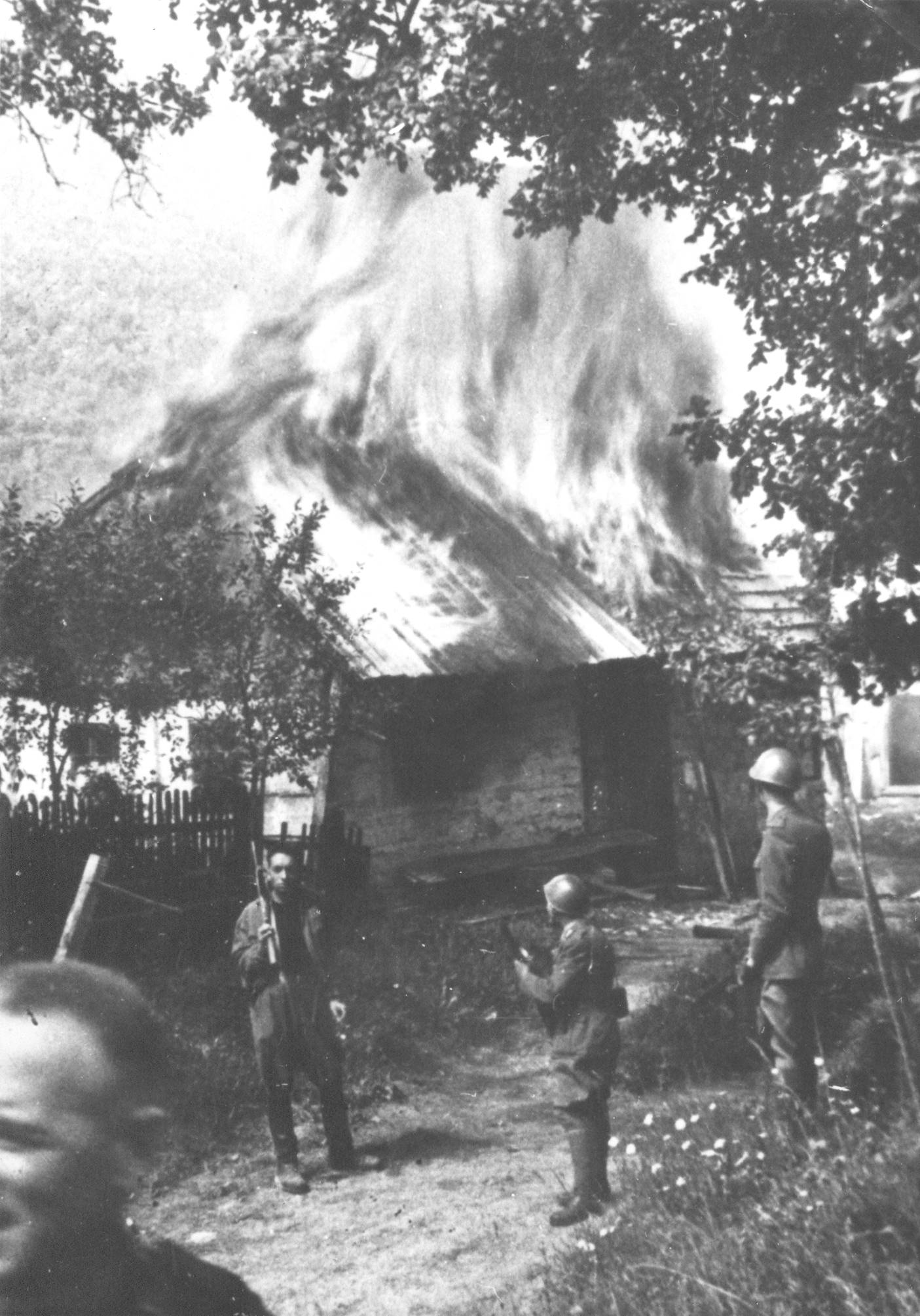Italiani brava gente on:
[Wikipedia]
[Google]
[Amazon]
 "Italians, the good people" ( it, Italiani brava gente) is a phrase coined by
"Italians, the good people" ( it, Italiani brava gente) is a phrase coined by
Brava Gente? The Resurgence of the Shopworn Myth of Italian Benevolence During Fascism
at i-Italy {{Holocaust-stub Italian words and phrases Italy in World War II Historical controversies Holocaust historiography Historiography of Italy Historical negationism
 "Italians, the good people" ( it, Italiani brava gente) is a phrase coined by
"Italians, the good people" ( it, Italiani brava gente) is a phrase coined by historian
A historian is a person who studies and writes about the past and is regarded as an authority on it. Historians are concerned with the continuous, methodical narrative and research of past events as relating to the human race; as well as the st ...
s to refer to Italian popular beliefs about the allegedly limited, even non-existent, participation of Fascist Italy and the Royal Italian Army
The Royal Italian Army ( it, Regio Esercito, , Royal Army) was the land force of the Kingdom of Italy, established with the proclamation of the Kingdom of Italy. During the 19th century Italy started to unify into one country, and in 1861 Manf ...
in the Holocaust
The Holocaust, also known as the Shoah, was the genocide of European Jews during World War II. Between 1941 and 1945, Nazi Germany and its collaborators systematically murdered some six million Jews across German-occupied Europ ...
and war crimes committed by Axis soldiers during World War II
World War II or the Second World War, often abbreviated as WWII or WW2, was a world war that lasted from 1939 to 1945. It involved the World War II by country, vast majority of the world's countries—including all of the great power ...
. The phenomenon is also known as the myth of the good Italian.
A form of historical revisionism
In historiography, historical revisionism is the reinterpretation of a historical account. It usually involves challenging the orthodox (established, accepted or traditional) views held by professional scholars about a historical event or times ...
which emerged under the post-war republic, it was argued that Italian soldiers had been "good" or "decent people" (''brava gente'') who had acted with humanity and compassion, supposedly inherent Italian values, in contrast to their ideologically motivated and brutal German allies. In particular, it argued that the Italians had not participated in, or even opposed, the Nazi persecution of Jews in occupied parts of Eastern Europe. By extension, the term is sometimes applied to describe popular beliefs about the Italo-Ethiopian War (1935–6) or non-Jewish responses to the Holocaust in Italy
The Holocaust in Italy was the persecution, deportation, and murder of Jews between 1943 and 1945 in the Italian Social Republic, the part of the Kingdom of Italy occupied by Nazi Germany after the Italian surrender on September 8, 1943, during ...
.
Notable examples of the phenomenon in popular culture
Popular culture (also called mass culture or pop culture) is generally recognized by members of a society as a set of practices, beliefs, artistic output (also known as, popular art or mass art) and objects that are dominant or prevalent in a ...
are the film ''Mediterraneo
''Mediterraneo'' is a 1991 Italian war comedy-drama film directed by Gabriele Salvatores and written by Enzo Monteleone. The film is set during World War II and concerns a group of Italian soldiers who become stranded on a Greek island in the ...
'' (1991) directed by Gabriele Salvatores
Gabriele Salvatores (born 30 July 1950) is an Italian Academy Award-winning film director and screenwriter.
Biography
Born in Naples, Salvatores debuted as a theatre director in 1972, founding in Milan the Teatro dell'Elfo, for which he directe ...
and the novel ''Captain Corelli's Mandolin
''Captain Corelli's Mandolin'', released simultaneously in the United States as ''Corelli's Mandolin'', is a 1994 novel by the British writer Louis de Bernières, set on the Greek island of Cephalonia during the Italian and German occupation ...
'' (1994) by Louis de Bernières
Louis de Bernières (born 8 December 1954) is an English novelist. He is known for his 1994 historical war novel ''Captain Corelli's Mandolin''. In 1993 de Bernières was selected as one of the "20 Best of Young British Novelists", part of a pr ...
which was also adapted into a film in 2004. The myth avoided "a public debate on collective responsibility, guilt and denial, repentance and pardon" but has recently been challenged by historians. The myth parallels the popular beliefs about the "Clean Wehrmacht" popular in post-war West Germany
West Germany is the colloquial term used to indicate the Federal Republic of Germany (FRG; german: Bundesrepublik Deutschland , BRD) between its formation on 23 May 1949 and the German reunification through the accession of East Germany on 3 ...
or the " victim theory" in Austria
Austria, , bar, Östareich officially the Republic of Austria, is a country in the southern part of Central Europe, lying in the Eastern Alps. It is a federation of nine states, one of which is the capital, Vienna, the most populous ...
.
The 2012 report of the Italian-German Historical Commission noted that "Just as today the myth of the decent behavior of the Wehrmacht on Italian soil cannot survive in Germany, the survival of the myth of ''Italiani brava gente'' in reference to the Second World War is equally unacceptable."
References
Further reading
* * *External links
Brava Gente? The Resurgence of the Shopworn Myth of Italian Benevolence During Fascism
at i-Italy {{Holocaust-stub Italian words and phrases Italy in World War II Historical controversies Holocaust historiography Historiography of Italy Historical negationism